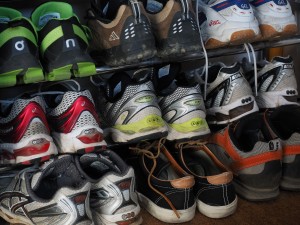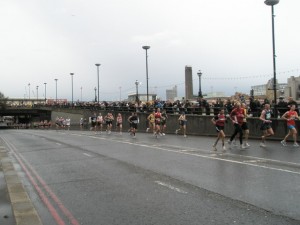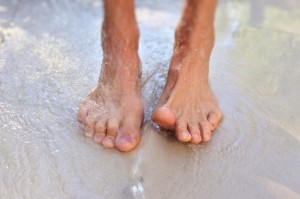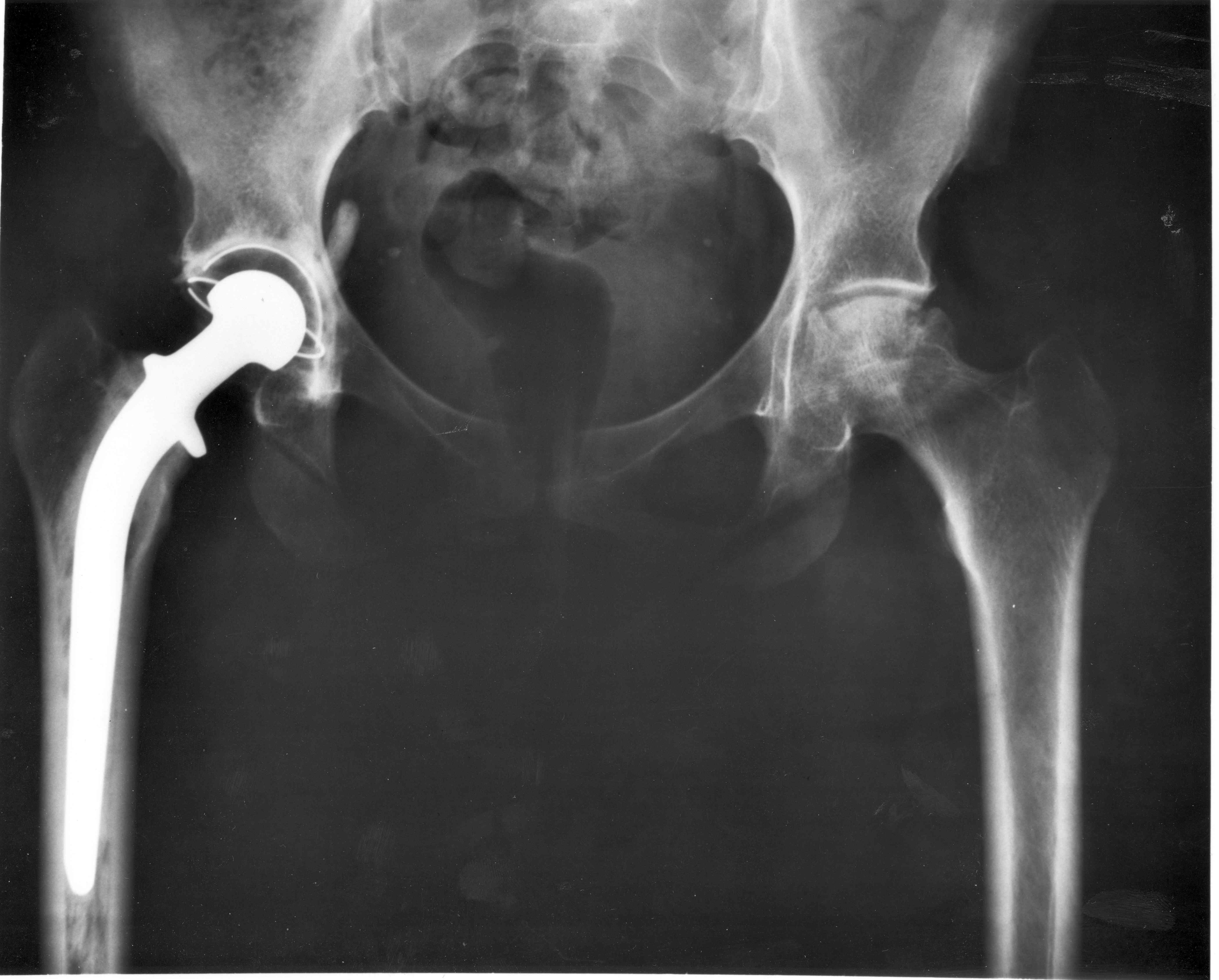The timing of the London Marathon, on April 24th this year, is such that it can be a particularly challenging event to train for.
If any event will expose or exacerbate an injury, it’s the marathon – but it’s not too late to seek expert injury treatment from the running specialists at Newcastle Sports Injury Clinic.
What’s more, we’ll never interrupt your training schedule if it can be avoided. 
So why is the London Marathon so tricky to train for?
For a novice runner, a typical five- or six-month Marathon training schedule will start in late autumn/early winter, will be disrupted by Christmas, and the dark nights and poor weather are not conducive to staying motivated.
More experienced runners, who run regularly and routinely, will face challenges around this time of year because the cold weather can have two direct effects on injuries, which can be problematic for runners:
- The cold can highlight and exacerbate injury symptoms.
- When it’s cold and wet, runners can be tempted to cut short their warm up and warm down routines, which can increase the risk of picking up an injury, or lengthen the time taken to recover from a niggle.
As an aside, runners are a typically hardy group and will tend to persevere through niggles and injuries, not necessarily seeking treatment until it’s too late, or until the injury has developed into something worse.
Even if it is perfectly feasible to ‘run through’ an injury, this can cause a runner to change the way they run – and overcompensating could cause other injuries elsewhere.
Now, with less than two months to go to this year’s event, most runners will have a good idea of their fitness, and, more crucially, will be aware if they are nursing any niggles or injuries.
Experienced runners place such importance on maintaining an uninterrupted training schedule, that they can frequently be reluctant to seek professional advice in case they are told to rest.
At Newcastle Sports Injury Clinic, we will rarely tell an athlete to stop training completely, unless it’s absolutely necessary. It’s why we are the number one choice for serious athletes – because not only will our treatment not interrupt training schedules, it can often improve performances.
March is the perfect time to get treatment for a niggle or running injury that could potentially have a detrimental effect on your time on the big day.
Newcastle Sports Injury Clinic’s top marathon training and preparation tips – NOW is the time to start thinking about these:
- Socks! (And other equipment…)
The running shoes and socks that you use on race day can have a huge bearing on how you perform – and how much you enjoy the experience. Buying specific trainers for the wrong reasons can be incredibly damaging, and there is no bigger mistake than buying new trainers just for the run (guaranteed blisters and agony!).
You still have time to speak to our podiatrist about the best kind of shoes and socks for your foot shape and running style.
- Hydration techniques
This can be especially difficult to get right, but anybody running a marathon will several litres of fluid during the course of the event. Taking on the right kinds of fluid at the right time – before, during and after the event – can have a huge bearing on your physical and mental state.
The best course of action is to seek advice from experienced runners to see what has worked for them – but bear in mind what has worked for you, too. As with trainers, the worst thing you can do is try something totally new on race day, so use your training sessions between now and then to perfect your technique.
Absolutely make fluid intake a key part of your training sessions. Take note of what you have had to drink, and when, and note how you feel at different points, to work out your own plan.
- Plan your race
Start to think about your lap times/split times, and think about where you want to be at what stage. Of course, don’t let your head drop if you’re not performing to the level you want, either in the build-up or on the day itself.
Remember to bear in mind the elevation of the course you’re running – it may be hillier, or flatter, than you are accustomed to, and you may want to adjust your target splits with that in mind.
- Ensure your feet are in good condition
This is not as obvious a point as you might expect – so many people let themselves down because they have a blister or a poorly-cared-for nail which undermines their training and/or their race. Again, our feet specialists can help and we strongly recommend speaking to a specialist before the big day.
If you have any doubts, speak to our running specialists and we can advise you on the best course of action for your injury. Make an appointment by contacting us here.





